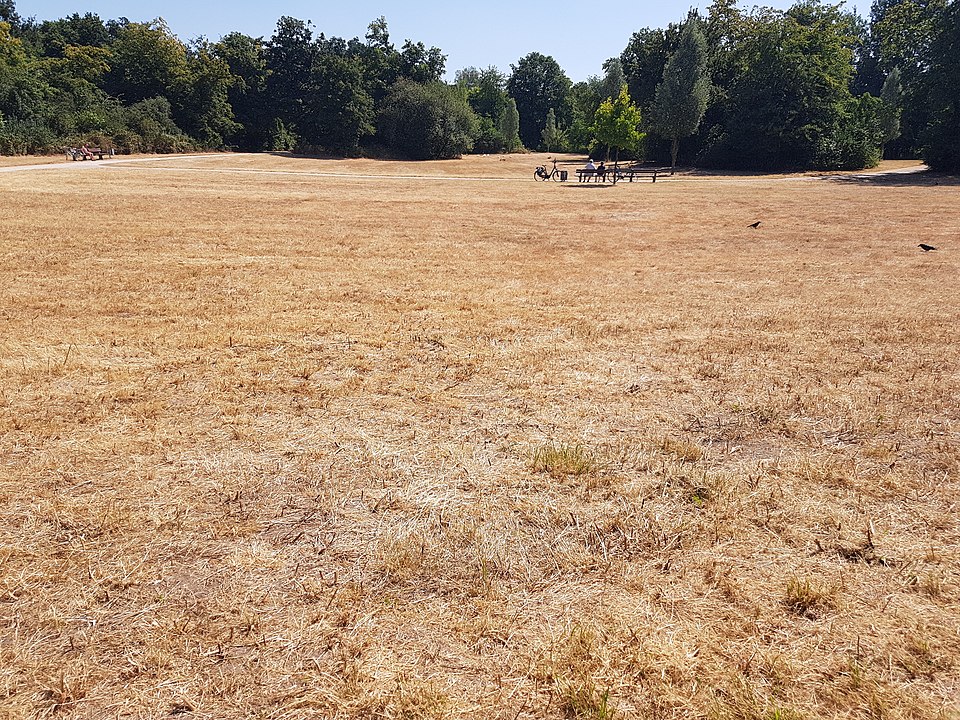
A historic heatwave is gripping much of southern and eastern Europe, with France issuing an unprecedented number of heat alerts. As of now, 84 out of 96 mainland French departments are
under orange alert — the second-highest warning level. Climate Minister Agnès Pannier-Runacher called the situation "unprecedented."
Other countries are also facing extreme temperatures. Heat warnings are active in Spain, Portugal, Italy, Germany, the UK, and across the Balkans. Spain and Portugal both recorded their hottest June days over the weekend, with temperatures hitting 46°C in Andalucía and 46.6°C in central Portugal.
Authorities across Europe are urging people to stay indoors and remain hydrated. In France, nearly 200 schools have closed or partially shut due to the heat. Education Minister Elisabeth Borne said efforts are being made to help schools cope or let children stay home.
Wildfires have broken out in France’s Corbières mountains, forcing evacuations and road closures. Firefighters have since contained the flames.
In Italy, 21 cities — including Rome, Milan, and Venice — are on the highest heat alert. Emergency departments have seen a 10% rise in heatstroke cases, according to Italian health officials.
The UK is also bracing for extreme temperatures, with highs of 34°C expected, potentially marking one of the hottest June days on record. Spain and Portugal remain under red alerts, while Germany could see temperatures close to 38°C this week.
In the Balkans, extreme heat is straining infrastructure and sparking wildfires. Turkey is battling hundreds of blazes, with strong winds fueling a major fire near Izmir. Similar scenes are unfolding in Croatia and Greece, where evacuations have taken place after coastal towns caught fire. Skopje, North Macedonia, reached 42°C on Friday, while Sarajevo and Ljubljana saw record June temperatures.
Beyond human health, the heatwave is stressing Europe’s environment. Water levels in Germany’s Rhine River have dropped, disrupting shipping and raising freight costs. Warmer waters in the Adriatic are encouraging invasive species like the lionfish and accelerating glacial melt in the Alps.
UN Human Rights Chief Volker Turk called for urgent climate adaptation, citing the growing threat of extreme weather to fundamental human rights. Experts warn that heatwaves are becoming more frequent and severe due to human-driven climate change.
Professor Richard Allan of the University of Reading explained that rising greenhouse gas levels are increasing the Earth's heat retention, drying soils faster and intensifying heatwaves. “What used to be moderate heat is now becoming extreme,” he said. Photo by Mimikry11 (Diskussion), Wikimedia commons.



































